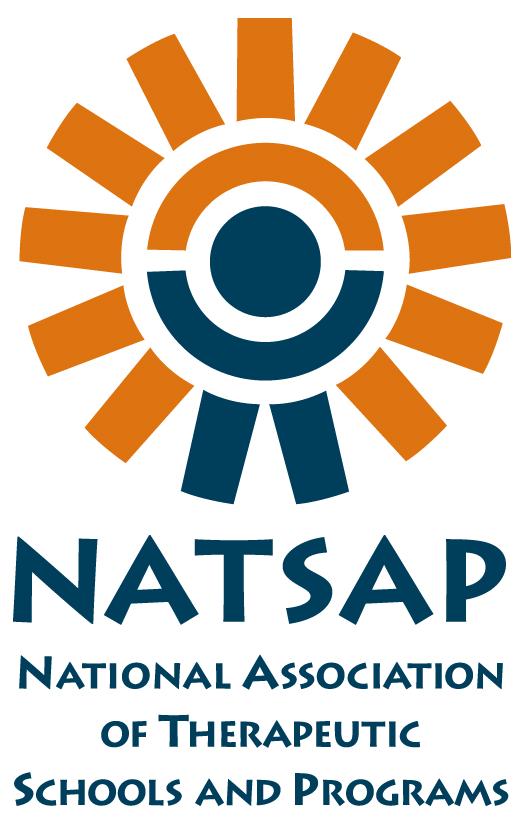Teenagers often have problems with authority figures…parents, teachers, coaches, police etc. As they get older teenagers do not want to be told what to do. They want more freedom and to make their own choices. Unfortunately, teenagers do not have the knowledge or experience in how to appropriately deal with issues that arise with authority figures so they often respond in disrespectful and defiant ways.
It is quite normal for a teen of occasionally roll their eyes, stomp their feet, slam a door, raise their voice, mouth off, swear, be uncooperative or be argumentative. As parents it is our job to model appropriate behavior and talk with our teen about what is going on. Are they experiencing some frustration and need to blow off some steam? Or are you seeing a pattern of disrespect, opposition or even abuse toward those in authority?
It is important to discuss your teen’s behavior with them. Not only to commend them when they handle a situation appropriately, but also to help them look at a situation and discuss how they could have handled it better.
You are not an equal with your teen. You are an authority figure and role model. We are all accountable for our actions. All actions have consequences…positive, negative and natural.
For example, if you are driving over the speed limit, the police may give you a speeding ticket. This is a negative consequence. You study hard for a test and get a good grade; this is a positive consequence. You don’t do the laundry and now do not have clean socks. This is a natural consequence. Sometimes we need to talk about these kinds of things with our kids to get them to think before they act.
If your teen is becoming increasingly defiant, aggressive, hostile and/or disrespectful toward you or others in authority they are heading down a path that may lead to more problems, such as trouble with the law, school problems, bullying, etc. It is possible that your teen has Oppositional Defiant Disorder (ODD).
ODD requires treatment. It will not get better on its own. Your teen needs help in recognizing negative thought patterns and how they connect to their behavior.
Treatment of ODD involves therapy and training to help build positive family and individual interactions. Triumph Youth Services offers a small, highly structured family-type environment for youth. This family-like community promotes a social environment that takes on both therapeutic and healing properties instead of maintaining negative behaviors. This structure, paired with the Positive Peer Culture model and family therapy is fairly effective in treating Oppositional Defiant Disorder.
Contact Triumph Youth Services today. They have answers








